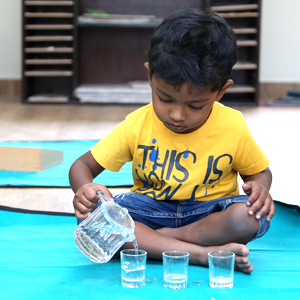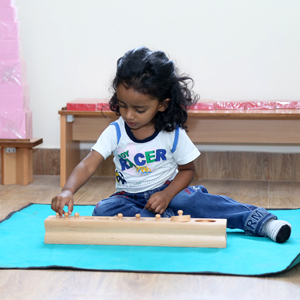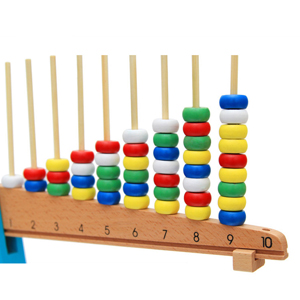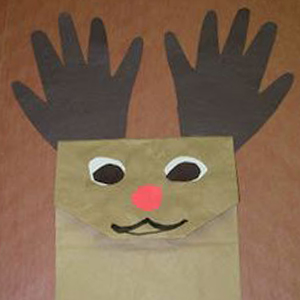Exercise of Practical Life

Unicus Montessori Schools in Bangalore provides a safe and nurturing learning environment for children. Our Quality Educational Programs for Play Schools, PreSchools and Kindergarten comprise of highly qualified, caring and committed teachers and support staff. We are passionate about providing your children with the tools they need to be successful in all aspects of their lives.
The children will be in a clean, safe and beautiful environment, which will enrich their learning experience. Programs are designed specifically to meet the needs of the very young, who are coming to Schools for the first time. Your child will meet and interact with other children, and explore areas that will help them in developing social and language skills.
All our activities are "hands on" in a fun filled environment, which will stimulate your child's development in a variety of skill areas including, language, social, emotional, physical and thinking skills. Instructions are based on stress-free and play-way approach.
Our programs are designed for children to achieve their maximum potential. In our environment, the children will learn about themselves and their world, sharing and working together in small groups, building a foundation to skills and self-esteem that can last a lifetime.
Classrooms are spacious, we maintain 5:1 teacher child ratio. Imported educational aids, a well-equipped playground, which encourages children to learn through play.The child is introduced initially with practical life as he/she is familiar with most of the materials at home but has not laid his hands over them.
This attracts them to these activities that give them independence and control of their own life. This basically helps him to take care of himself, take care of his environment, helps him with his/her eye-hand co-ordination, and with his/her social behavior. The most important need of the young child is to develop his muscles and co-ordinate his movement through exercises of practical life.
These exercises are those from which a child can learn living activities in a purposeful way. The aim of these exercises is to help the children gain independence to adapt to their society and to gain co-ordination.
Practical life exercises also help the children to concentrate and think in orderly manner.The purpose of these exercises is to develop concentration, and to pay attention to detail as the child follows a regular sequence of actions and to learn good working habits. These activities provide the very foundation on which the child approaches more intricate academic exercises.
Sensorial

One aspect of the Montessori Method taught at all Montessori Schools is the Sensorial exercises. Sensorial Materials in the Montessori environment are designed to sharpen the senses of the young child and enable the child to understand the many impressions he receives through them. Each of the Sensorial Materials isolates one defining quality such as color, weight, shape, texture, size, sound or smell. The Montessori Sensorial Materials help the child to distinguish, to categorize, and to relate new information to what he already knows.
Language

The child learns oral language naturally. He automatically absorbs it from his environment. When the child enters a Montessori environment he/she learns that the words are made of sounds and each sound has a symbol. By absorbing the sounds and the symbols, the Montessori child begins reading when he is ready and proceeds at his own pace. His experiences in practical life and sensorial education serve as a preparation for his writing.
The sandpaper letters provide a phonetic basis for reading. With cut -out letters (moveable alphabet), the child builds the words with relation to the pictures by phonetically listening to the sounds in succession and placing the right symbol for each sound. This material frees him from the fatigue of his still developing writing skills, and yet gives him the opportunity to pursue his interest in words. These activities serve as a preparation for the time when the child assimilates what he knows and then he explodes into writing.
Arithmetic

The materials for Arithmetic introduce the child to associate quantity and its symbols i.e., the numbers 0 through 9. The quantities are introduced by a series of rods, which the child can count. Then he/she matches the sets of symbol cards with the rods. Using a wide range of beads and symbol cards, the child becomes familiar by the Activities with beads, teaches units, tens, hundreds and thousands as a decimal system. Including concrete Concepts and process of addition, subtraction, multiplication and division. Some group activities to develop these concepts.
Quantity is presented with teen and ten boards followed by symbols. The board and bead chain develops the child concept by which they can also learn to skip numbers.
Activities include learning memorization of facts, fractions concepts.
These exercises not only teach the child to calculate, but they provide a deep understanding how numbers function and the relation between the quantity and symbol.
Science

Science is all around us. The young child interacts with natural world every where they go. generally investigating the botany and zoology life sciences eg : how are flower smells or what happens when a cat tail is pulled this is how they learn how things work and how they interact with it.
Geography

Geography is the study of places and the relationship between people and their environment. In Montessori curriculum the child experience big pictures then move gradually in detail about names of countries, ocens, mountains, rivers etc and a grasp of the landforms.
1. Physical Land and water formation – islands, isthmus peninsula, lake, cape, bay, strait, these are represented by models. The shapes of the countries and states are represented through wooden world and india puzzle maps.
2. Culture Culture plays a very active role in the Pre-primary Montessori Environment. Children are offered culture in the form of festivals and celebrations conducted through-out the year. The countries and their culture are explained.
Art and craft

Exploring the world of art and craft can help the child to develop cognitive social and creative skills. Creativity is one of the richest experiences in a young child life. Montessori provides the child to create and enhance their creativity.

